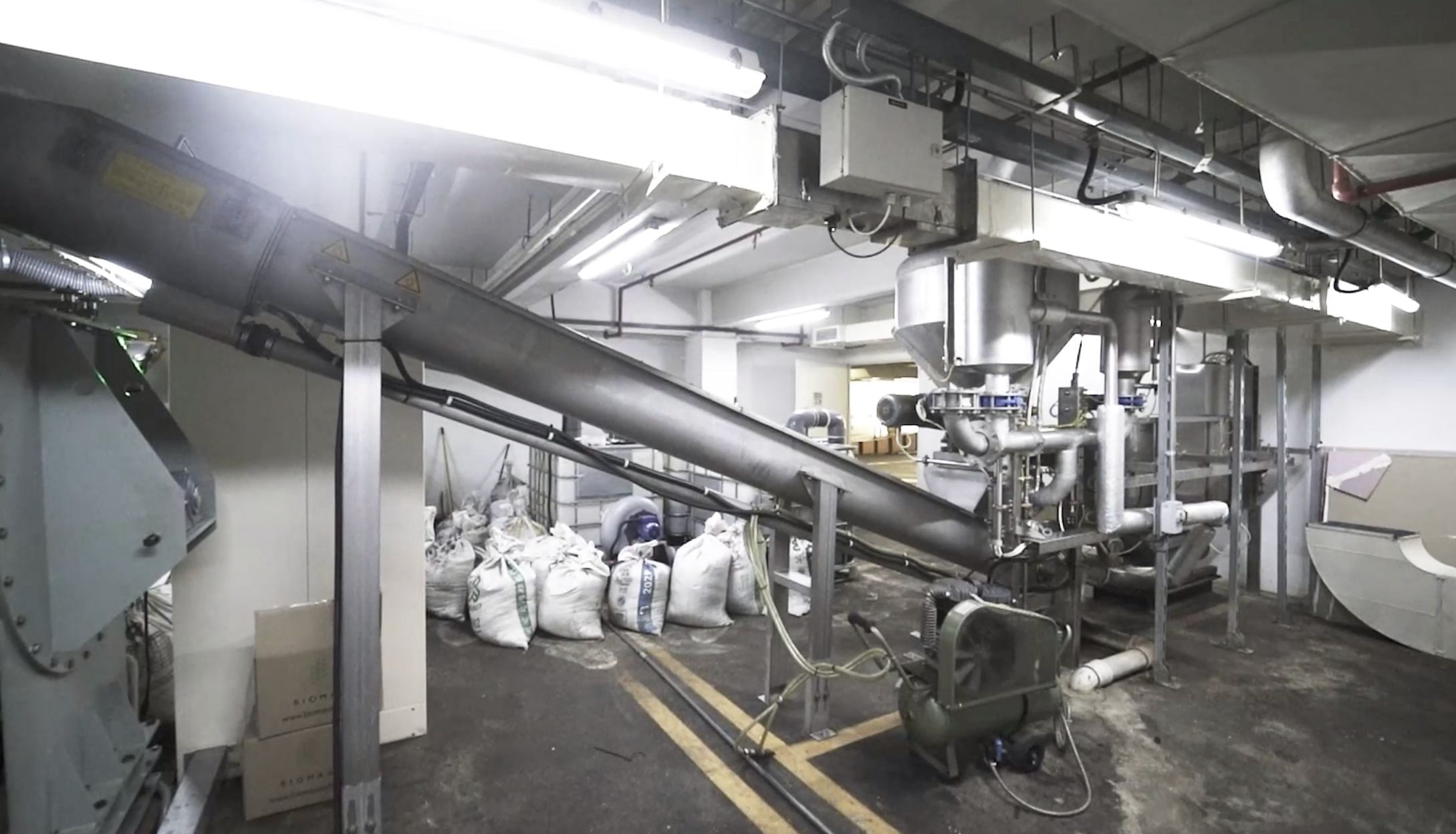
When travelling, do you bring your own toothbrush and re-use your hotel towels for the entire length of your stay, because you hate the idea of using them just once before discarding or sending them to the wash?
If yes, chances are you take the topic of travelling sustainably pretty seriously. You're fully aware that environmental health and stability can no longer be taken for granted, and that the fate of the planet is increasingly at stake.
How then are hotels in Singapore standing up to the expectations of these eco-conscious travellers, especially those stalwarts constructed in the 70s and 80s?
Hospitality industry veteran Loh Lik Peng, director of Unlisted Collection, a stable of boutique hotels, and Grand Hyatt Singapore's managing steward Vijay Sivarajah offer their insights into how the industry is embracing the green revolution, and offering both guests and employees a unique and rewarding experience today.
Shifting the paradigm towards sustainability
Enter a hotel room today and you're likely to find triple-glazed windows that reduce glare and keep temperatures constant in the room, smart sensors that activate the air-conditioning and lights, biodegradable packaging for toiletries, and a card urging guests to re-use towels. Instead of plastic bottles, you may find filtered water in glass bottles, and even recycling bins in the room.
According to Mr Loh, the green revolution has had a dramatic impact on the hotel industry. "It has shifted the paradigm from one where hotel developers would try to squeeze as many rooms as possible per square foot to maximise the value of the property, to a more sustainable way of running business which considers the lifetime cost of operating a hotel," he says.
Hotels, both new and old, have widely adopted technology as part of this movement.

For restaurants under Unlisted Collection, tracking energy consumption patterns has become a veritable science. By monitoring usage across all sorts of appliances and applications - from air-conditioning to gas and water heaters - the company has been able to reduce power usage by 20 to 30 per cent.
Technology has improved so rapidly in recent years Mr Loh estimates that retrofitted and new hotels are consuming only half the power of buildings built five to six years ago. "A hotel that's designed to be energy efficient is also going to be more cost efficient. The bottom line is this: Conserving energy doesn't just benefit the environment; it is also good for the business," he adds.
Tackling energy and waste for a greener future
Several hotels in Singapore, such as Grand Hyatt Singapore, have adopted a philosophy of "not wasting the waste" and upcycling a variety of waste into useful materials.

As the first hotel in Singapore to have a food waste management system, Grand Hyatt Singapore converts 1,000kg of food waste into organic fertiliser on a daily basis, in the process eliminating the need for 55,000 trash bags which would otherwise be used to contain all the food waste annually.
The hotel owns a machine, called a Biomax Thermophilic Digester, which converts food waste into pathogen-free organic fertilisers, and these are used for the hotel's landscaping purposes, including its rooftop herb garden.
Plastic bottles are not discarded but upcycled into uniforms, napkins, and aprons for the hotel staff, and paper packaging is certified by the Forest Stewardship Council (FSC), so guests can be assured that the wood used to make their paper napkins, coasters and even straws is sourced from responsibly managed forests.
With the aid of a management tool known as Material Flow Cost Accounting (MFCA), the hotel is also able to trace waste, material, energy losses and emissions for its activities and processes, and assign an environmental cost to its business operations.
While Grand Hyatt Singapore is now a success story for sustainability, the hotel's managing steward Mr Sivarajah recalls a rocky start to their journey when it was piloted 10 years ago, as it was a "difficult concept" to grasp for most people.
He explains: "The cost on the environment isn't visible to the naked eye, so the main obstacle was getting people to understand sustainability and why it matters not just to us, but also to everyone."
As the man-in-charge of the hotel's Stewarding department, which maintains cleanliness for the hotel's kitchens, restaurants, and bars, Mr Sivarajah is entrusted with the entire supply chain of what goes in and out of the kitchens.
"We scrutinise every item carefully to see if it's sustainably produced and sourced because in reality, the cost is more than what is on the price tag," he says.
Having a common goal to protect the planet
Being conscious of these invisible costs can help consumers make more educated and responsible choices when they travel, says Mr Loh.
"If you travel by air, that will probably chalk up most of the carbon footprint. But consumers have control over what they use and what they eat. They can go for food that's sourced locally, or even plant-based meals. Food that has travelled a shorter distance or obtained from sources lower down the food chain is better for the planet. The only way for sustainable change to happen is when guests vote with their wallets."

"More importantly," he adds, "this movement needs to be driven by talents who are equally passionate about sustainability. You don't just have to enjoy hotel stays; you can be part of that future. The future of hotels and the careers the industry can offer will be nothing short of exciting."
With sustainability being woven into every aspect of hotel operations, technology also plays a key role in driving the green revolution and redefining the job scopes of employees today.
Says Mr Loh: "Hotel employees now are able to learn a lot of new technological applications because that's part of the job nowadays. And with technology automating processes in a hotel's backend operations, employees are freed up to do more impactful things and provide the human touch at all the right places.
"For the majority of people entering the industry now, it's a much more rewarding job than it would have been five or six years ago."

It's a sentiment that Mr Sivarajah agrees with, noting that while "innovation and technology are there to help with workflow, it still takes heart to serve your guests and make sure that they leave your venues happy".
"Today, our employees, especially the younger ones, are coming to us with ideas and suggestions on how we can be even greener. Compared to a decade ago, the drive for sustainability is no longer the uphill battle it once was. It's come a long way and I believe we're going to see real progress because we now share a common mission to do better by the earth," he says.
And as consumption patterns change, conscious travellers will start factoring in sustainability when choosing one hotel over another.
More than just looking at sustainability as critical for long-term survival, hotels are integrating these practices into their day-to-day operations and, in the process, creating new opportunities and exciting career choices for an industry committed to caring for the planet.
Brought to you by Singapore Tourism Board, in partnership with Singapore Hotel Association

